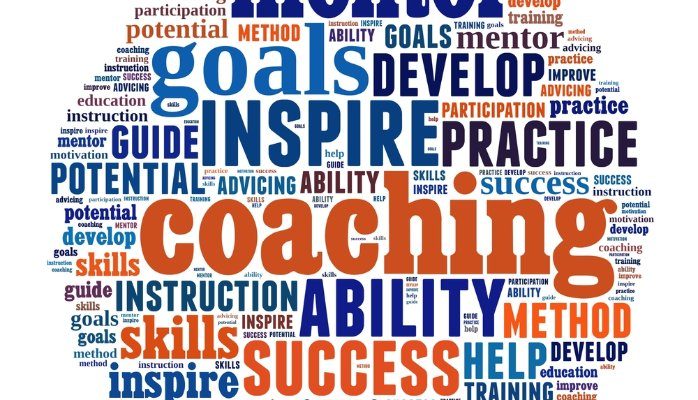I've been involved in the delivery of coaching and training, professionally, for around 20 years. Some of it as a manager of people and much of it as the owner of a leadership training & coaching business. I've delivered thousands of hours of training, personally. And when I add that to what my team delivered in the period 2000 to 2013 it would easily amount to tens of thousands of hours. It's similar numbers in terms of coaching too. A good friend of mine, Glenn Dobson owns The KONA Group, providing training and coaching in the sales arena and he and his team have clocked up even more hours than I…
And we're probably the only executives from the training and coaching space that will tell you that training and coaching is a complete waste of time.
Yep. You read that right.
Well, much of it is, at any rate.
And there are three fundamental reasons why.
Most of what is delivered in the 'training' box doesn't result in sustained change. In fact, I'd venture to suggest that most training companies aren't in training. They're in event management. Sell a place, whack a pretty binder on the desk, make sure there's Minties in the bowl and muffins at morning tea time, fill the day with some 'ice-breakers' and get the invoice paid. (If you're in a training business and you're reading this, I'm sure this doesn't happen in your business though.) Much of what passes for training is poorly delivered and, at best, makes an appeal to logic. Yet, what humans most respond to and take on board is learning that is emotional – when it hits them in the 'values'.
The second reason it doesn't work is that it's too often a 'one-size-fits-all' approach. 12 managers sitting in a U-shape, yawning through or running away from the next inevitable role-play and exuding thought-bubbles of "What the hell does this have to do with me?" or, "Why am I here?" A huge amount of content being delivered is irrelevant to a high percentage of the participants for a significant amount the time they are in 'lock-down' in the hotel meeting room. The approach is more often than not universal in nature – not targeted with the subtle differences required based on any number of factors like the current economic cycle, the organisation's position in its life-cycle (eg. Start-up? Adolescent? Cash-cow? Life-changer?), geographic/cultural subtleties or the individual's natural learning style… the list goes on.
And then the third one… too little coaching or training focuses on behaviour. I've seen this the most in leadership coaching. When an executive of some experience receives a less than satisfactory report-card in their 360-degree feedback is it because they don't know the 'what' of leadership? Of course not. It's not 'what' they're doing it's 'how' they're doing what they're doing. And too little coaching or training deals with that. Even more so when the behaviour is not situational but ingrained or hard wired. And it's understandable… because getting visibility to the hard-wiring is more often a guessing game than not.
These days my focus is more on helping managers understand what they should be training and coaching on. And I have to say the balance needed between competency development and behavioural development, in order to assist somebody to be more successful in their role is about 50/50 these days. Targeting the behavioural coaching is the key differentiator.
So, I strongly advise against wasting time, money and engagement points on 'conscience courses' and well-meaning but ill-diagnosed behavioural coaching. It's a waste of time.
To get the best possible ROI, my experience is that High-Performance Role Benchmarking (which discovers the common cognitive abilities, behavioural traits and occupational interests of your proven high-performers) is a far more effective start point. Remember, "prescription, without diagnosis, is malpractice".


